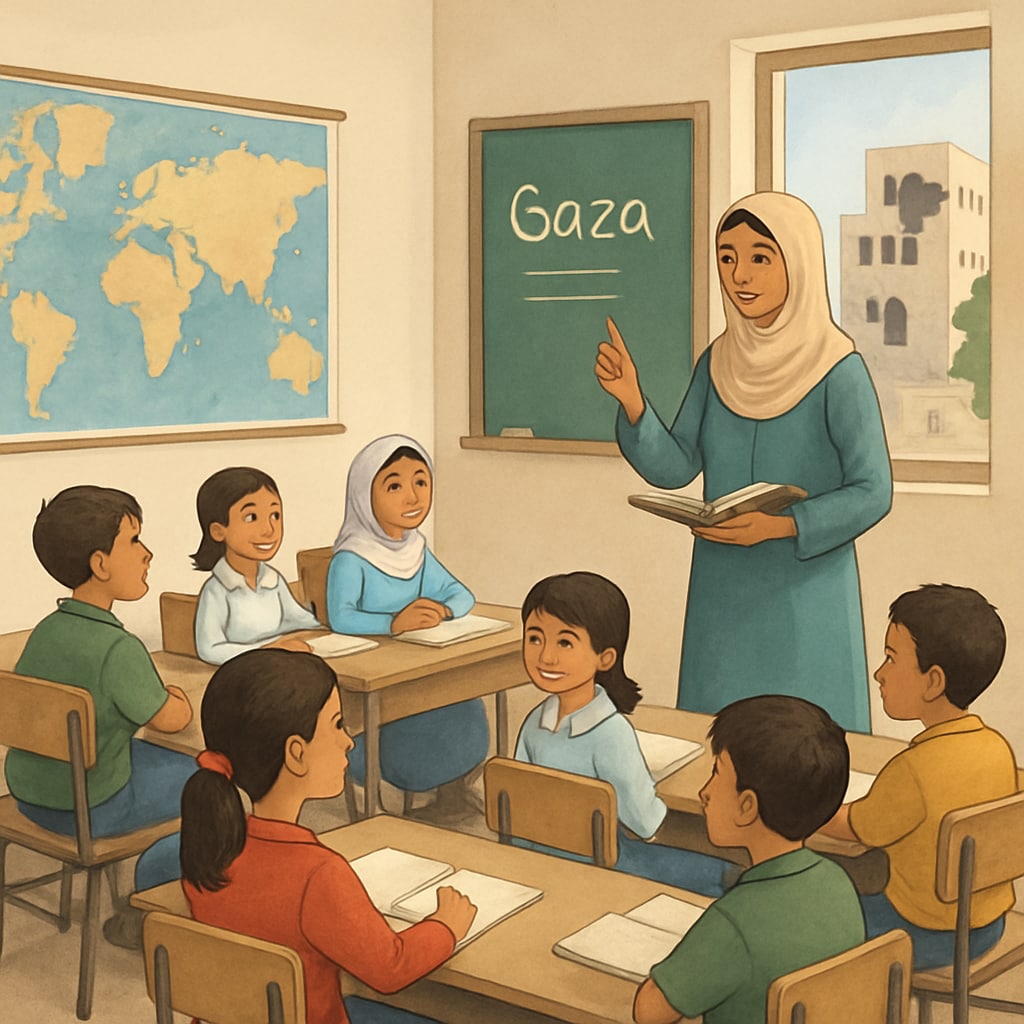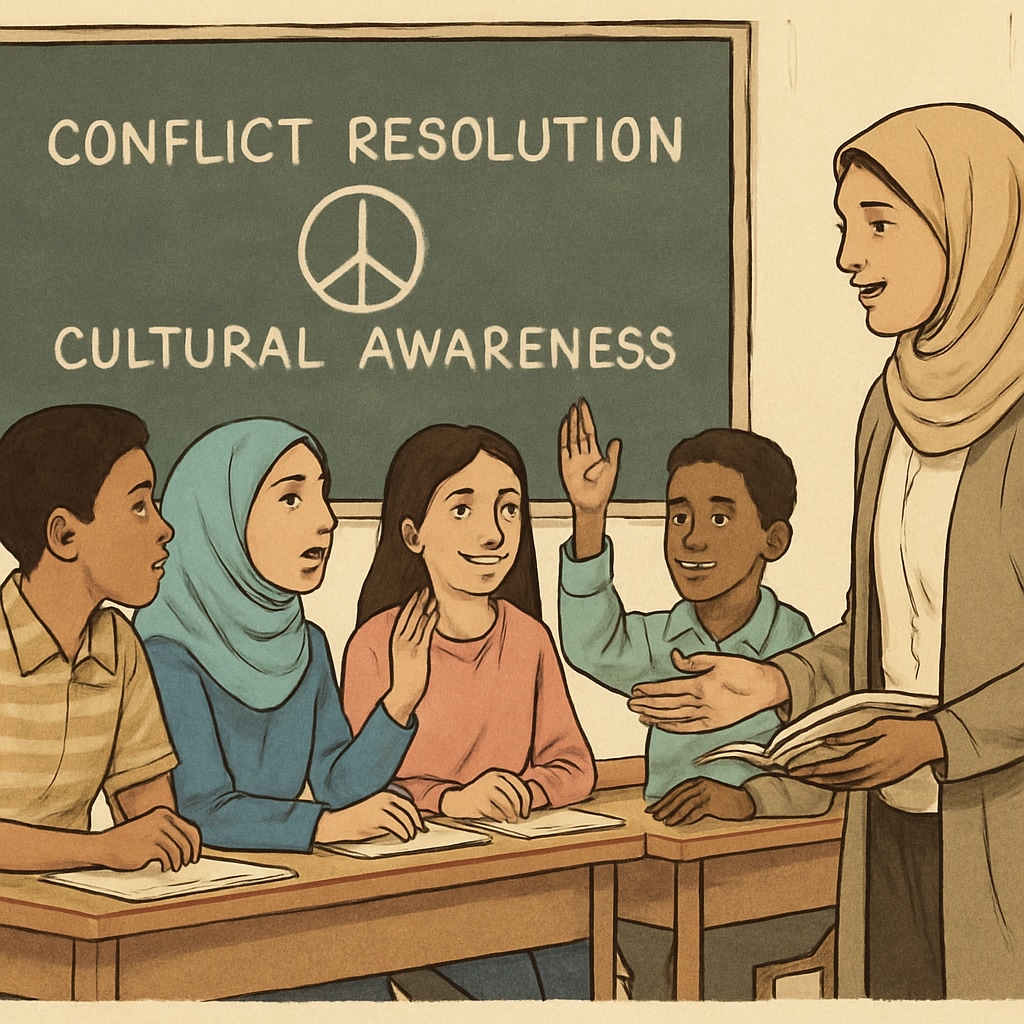In the aftermath of prolonged conflict, the need for a robust educational framework in Gaza schools has never been more pressing. A well-designed teaching syllabus, particularly in science and social studies, can play a pivotal role in restoring normalcy and fostering long-term development. By addressing both academic and social challenges, these subjects can lay the foundation for a more resilient and peaceful community.
The Role of Education in Post-Conflict Recovery
Education is a cornerstone of recovery in conflict-affected regions. It provides children with a sense of normalcy, stability, and hope for a better future. According to UNICEF, schools are not just places of learning; they are safe spaces where children can rebuild their lives. For Gaza, a region deeply affected by years of conflict, education must transcend traditional teaching methods to address unique local challenges. This is where science and social studies curricula can make a significant impact.

Key Considerations for Science Education in Gaza
Science education in Gaza schools can serve as a tool for innovation and problem-solving. A well-structured science curriculum should:
- Focus on local challenges: Lessons can incorporate topics like water purification, solar energy, and sustainable agriculture, which directly address environmental and resource-related issues in Gaza.
- Encourage critical thinking: Practical experiments and problem-solving tasks can help students develop analytical skills, preparing them for future scientific endeavors.
- Promote inclusivity: The curriculum should ensure equal access to resources and opportunities for girls and boys alike, fostering gender equality in education.
By integrating these elements, science education can empower students to become agents of change in their communities.
Social Studies: A Path to Peace and Understanding
Social studies education is equally vital in Gaza schools. It can play a transformative role in promoting peace, cultural understanding, and civic responsibility. Key components of an effective social studies curriculum include:
- Conflict resolution skills: Teaching students how to mediate and resolve disputes can help reduce tensions within communities.
- Cultural awareness: Lessons that explore local and global cultures can foster mutual respect and understanding among diverse groups.
- Historical context: Understanding the history of Gaza and the broader Middle East can provide students with a nuanced perspective on current issues.

Challenges and Implementation Strategies
Implementing these curricula in Gaza schools is not without challenges. Limited resources, damaged infrastructure, and the psychological impact of conflict on students and teachers are significant obstacles. However, strategic partnerships and innovative approaches can help overcome these hurdles:
- Partnerships with NGOs: Organizations like Education Cannot Wait can provide financial and technical support for curriculum development and teacher training.
- Technology integration: E-learning platforms and digital resources can supplement traditional teaching methods, especially in resource-scarce environments.
- Community involvement: Engaging parents and local leaders in the education process can ensure that curricula are culturally relevant and widely accepted.
Looking Forward: Building a Sustainable Future
Rebuilding Gaza’s education system is a monumental task, but it is also an opportunity to create a more equitable and effective framework for learning. Science and social studies curricula, tailored to the unique needs of the region, can equip students with the knowledge and skills they need to thrive. More importantly, these subjects can instill values of cooperation, innovation, and resilience—qualities essential for a peaceful and prosperous future.
As educators, policymakers, and global organizations come together to address this challenge, the focus must remain on empowering Gaza’s youth. Through education, hope can be restored, and a brighter future can be built.


